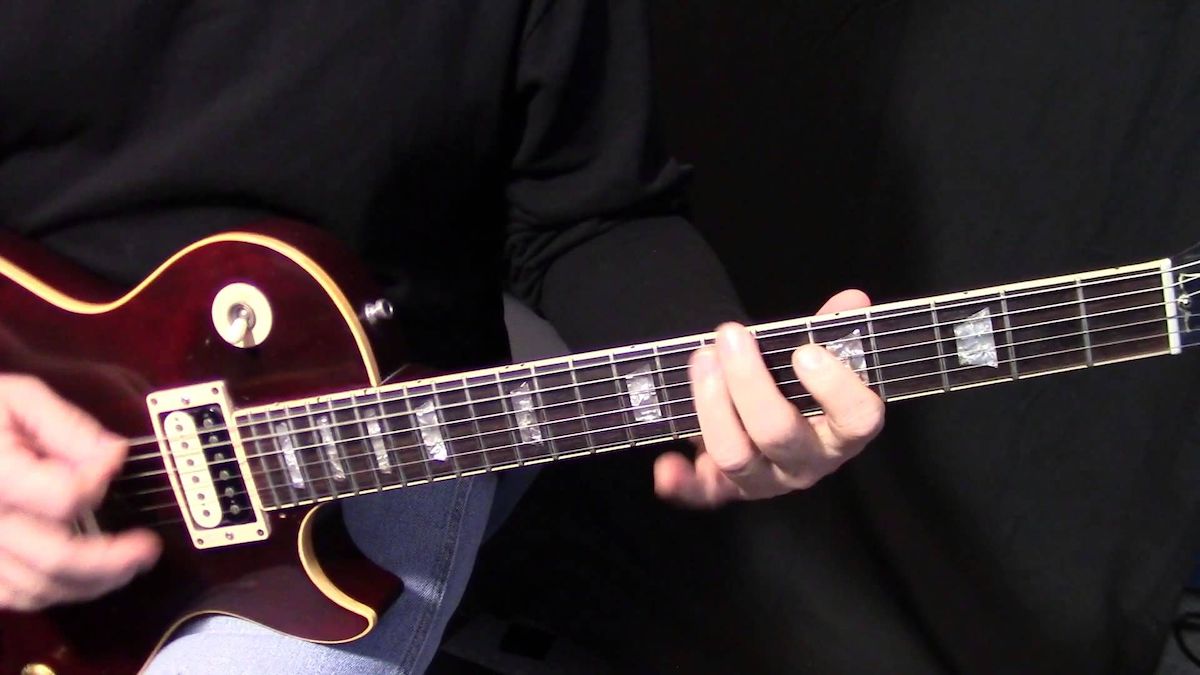Getting a proper music education is not exactly the easiest task. If we go back to the old days, six or more decades ago, music enthusiasts usually didn’t have much choice, so they went along with any type of music education that was offered to them. Pretty simple, right? And now, these days, with so many different musical styles and types of instruments at our disposal, it’s getting a little difficult to even figure out what we really want. With such an abundance of styles and yet so little time to learn them all in your lifetime, you’ll have a hard time narrowing down the scope of music genres that you want to learn. Difficult when it comes to finding a music teacher, isn’t it?
Now, even if you do find the genre, or scope of genres, that fit your tastes and preferences, there’s another problem that you’ll stumble upon. This is about choosing the right type of educator, or a group of educators, for what you’re planning to learn. We’ve already discussed the matter of music teachers and music coaches, and some of the advantages that the concept of coaching may bring to a beginner musician.
Music coach or music teacher?
In short, music teachers teach you according to a set program, ultimately giving you the knowledge that they want to give you. Coaches, on the other hand, have a different approach, and that’s teaching you what you want to learn and get better at aspects that your preferred genre or style requires. Of course, there’s no “right” or “wrong” here, but rather what suits your needs. Classical music performers, for instance, can greatly benefit from the traditional teaching approach. The same goes for anyone who prefers this path, no matter the genre.
But the issue that we’d like to discuss here is whether an older music teacher or a younger coach would be a better option for you. Should it be an older, stricter, yet more experienced teacher? Or should you go with a lighthearted coach below the age of 30 that’s here to give you directions for your personal development? Let’s dig into it.

Older music teacher
When we say “older” music teacher, we think of someone who’s been in the business for decades now; someone who’s sticking mostly to traditional programs and approaches that haven’t changed a lot during their career. We could say that they’re “stricter,” but not in the sense of a firm authoritarian attitude; we rather refer to the set approach that should not ever be questioned. It’s an “old school” approach that relies more on traditional discipline where the teacher will just transfer their knowledge and experience to a student. In most cases, it’s kind of like a one-way road, where the whole principle relies on these simple dynamics.
This approach can come in handy if you’re a fan of stricter old school education. For instance, if you’re a type of a student that needs some additional guidance and motivation for a while, then an older music teacher could be a good choice. This is especially the case with classical or traditional old school jazz music.
Younger music coach
Then we have the completely opposite choice, and that’s a younger music coach. First, as we already discussed, a music coach is someone who teaches you what you want to learn. As opposed to a standard music teacher who goes by set rules and teaches you what they want to teach.
For instance, if you’re into blues music and want to become a good blues or blues-rock guitar player, a coach will give you all the necessary knowledge and elements that you’ll need in order to become one. All the music theory that you’ll learn will revolve around this; this includes scales, chords, chord progressions, and even more advanced elements like proper stylistic chord extensions and phrases. The same goes for techniques. In the case of blues, you’ll learn proper bending, vibrato, different picking techniques. You’ll also learn how to implement them for the type of songs that you’re playing.
Put, a coach will give you the tools needed to become the type of musician you want to become. After that, it’s up to you to further “bend” the desired genre or style and create your own original music. Meanwhile, they will usually focus on positive reinforcement, rather than on a strict disciplinarian approach.
Then we have the issue of age. While there are certainly exceptions to the rule, having someone younger teaching or coaching music has its benefits. For instance, there’s a higher chance that a younger coach will be more in touch with modern music trends. And this goes for any genre, as music is constantly changing.
The communication is also an important issue with any kind of education or coaching. Having someone younger who’s closer to the student’s age definitely makes things easier. They’re pretty much on the same wavelength.
At the same time, younger coaches will be more motivated to learn new things themselves. They’ll usually constantly look for ways to improve both yours and their knowledge at the same time. In some way, you could say that young coaches will be more like experienced partners in your pursuit of knowledge and experience in music.
The choice is up to you
In the end, the choice is up to you. If you’re looking for a more authoritative and disciplinarian approach, then go with traditional old and more experienced music teachers. But if you’re feeling like taking a very defined road from the very start, ultimately becoming the kind of musician that you want to be, then a young music coach is the way to go.
Image source: Pinterest